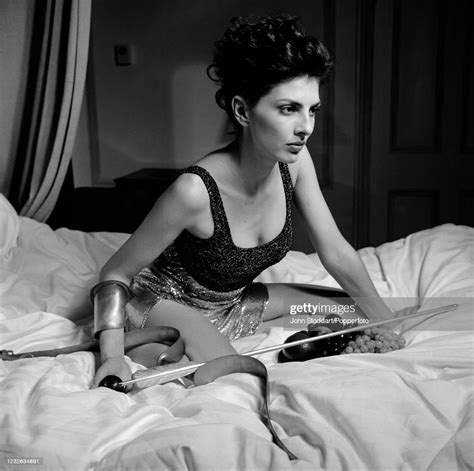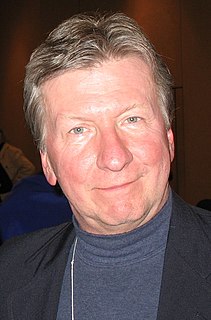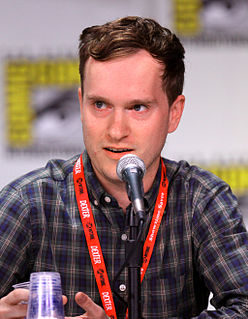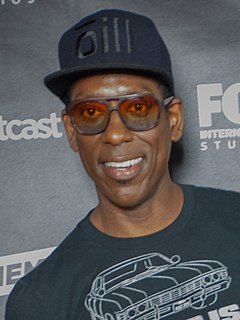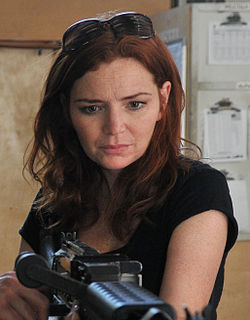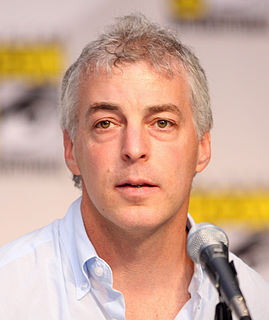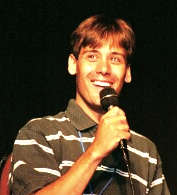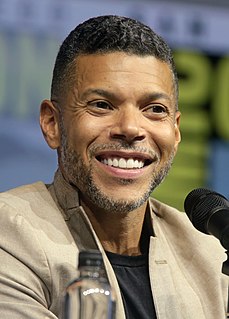A Quote by Gina Bellman
One of the things you have to be acutely aware of when shooting episodes out of order is your character's relationship with the other characters.
Quote Topics
Related Quotes
The black experience, which has nothing to do with my play 'Angels in America,' allowed me to understand the Mormon character. He was the character that couldn't come out to his mother. It allowed me to understand emotional and closeted behavior, because you're so acutely aware of how you're perceived.
Some things just have a short, beautiful life, and some things have a longer one. One hopes that the things that go a long time are things that you love. It's like a relationship. The longer things go, you have to really work on that relationship with your character, with your castmates, the crew your working for, the producers, and the writers.
What's actually amazing is that, after a couple of years of living with characters and writing characters and talking about characters, as we sit in the writers room and break episodes, it strikes you, every once in awhile, that you're talking about a character that's played by the same actor, who you've been talking about forever. We talk about a character dying, so you get emotional, and then you realize, "Oh, but wait, that actor is still on the show."
When you write a book, you want to have fidelity to the character. Characters and their emotions guide the structure of the novel. The author is aware that there's a certain amount of information she/he has to provide in order to satisfy the reader, knowing that she/he has set something up that must be paid off, but this payment must be made while maintaining fidelity to the characters.
A character does seem to have a life of its own, but I have what I'd describe as a very fluid relationship with them - as I'm thinking of what they will be like, they shift in and out of focus - they are a projection of some idea inside of me, even if a character is inspired by an actual person, I'm well aware that it is not that person. My job is to identify the essence of the character, and to bring them to life long enough to commit the acts, say the words or simply "be" in a way that allows them to affect and be affected by other elements and events in the imaginary world of a story.
Silence is difficult and arduous; it is not to be played with. It isn't something that you can experience by reading a book, or by listening to a talk, or by sitting together, or by retiring into a wood or a monastery. I am afraid none of these things will bring about this silence. This silence demands intense psychological work. You have to be burningly aware - aware of your speech, aware of your snobbishness, aware of your fears, your anxieties, your sense of guilt. And when you die to all that, then out of that dying comes the beauty of silence.
One of the great things about the longer you do a character, the more the writers start to understand your kind of character ticks and things that you like to do. The most exciting thing I think for a writer is when the characters just start speaking for themselves. You sit down at your keyboard and just stuff starts jumping out of their mouths. They just sort of wrote the scripts for themselves.
